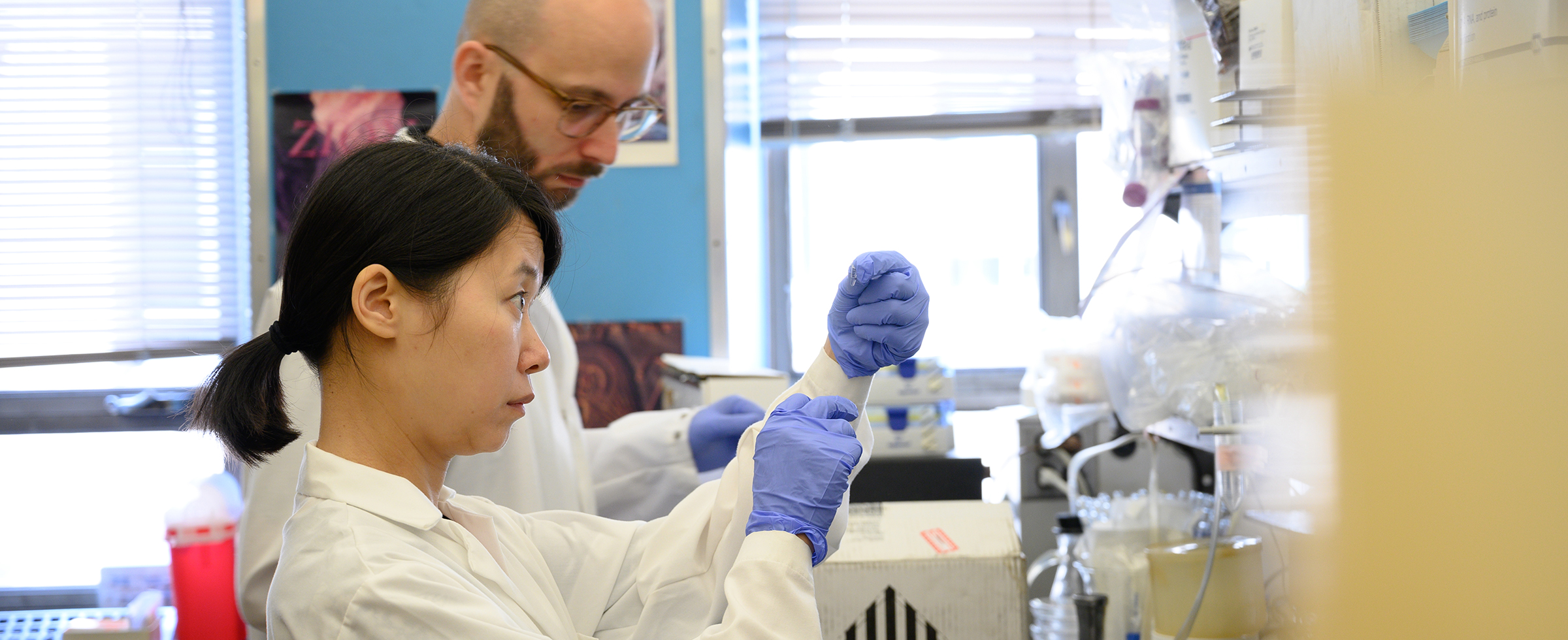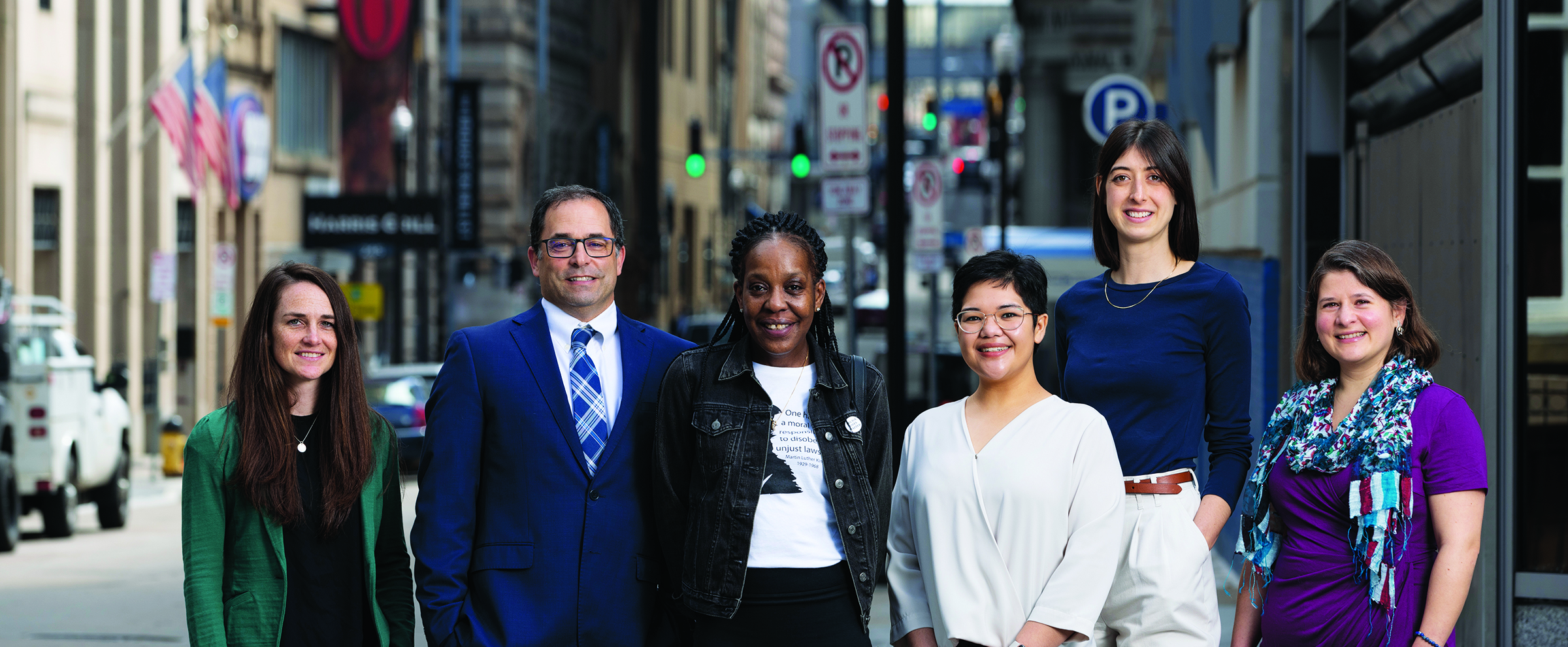
The beginning of this decade marked the region’s transition to high technology, education and medicine, thanks to researchers at the University of Pittsburgh, Carnegie Mellon University, and others in medicine and technology fields.
Through the decade, donors who made their fortunes in science and technology were making significant contributions to the Foundation. Topping the list was Charles E. Kaufman, whose fund continues to support fundamental research in chemistry, biology and physics at Pennsylvania universities with the goal of further understanding and bettering human life.
Charles E. Kaufman Foundation
BORN IN 1913 in Clarion, Clarion County, Charles Kaufman lived there through high school. He left in 1931 after graduating and then attended the University of Cincinnati, earning a bachelor’s degree in chemical engineering in 1936. He then moved to Pittsburgh where he earned a master’s degree in chemistry from Carnegie Tech, now Carnegie Mellon University, in 1942.
Over the next 34 years, he had a successful career in basic science, working for the Hagan Corp., which later became the Calgon Corp. and then Merck and Co. After retiring in the early 1970s, he earned most of his substantial fortune through investments in the stock market and in several drug and science ventures.
A lifelong learner, Kaufman taught himself, at age 92, how to use a computer and began to navigate the internet.
While browsing online, he learned about the Houston-based Robert A. Welch Foundation, which supports fundamental research in chemistry at higher educational institutions in Texas. Kaufman was inspired by that philanthropy and turned to The Pittsburgh Foundation in 2006 to establish the Charles E. Kaufman Foundation as a $1.5 million supporting organization.
Kaufman’s goal was to foster and encourage fundamental research in chemistry, biology and physics. He established a special award program to “promote a better and fairer world by supporting those that can make a difference with science.” When he died in 2010 at the age of 97, there was an astounding $50 million bequest to the Foundation. That gift remains the
largest in the Foundation’s history.
Speaking to the Chronicle of Philanthropy in 2010, Wendy Denton Heleen — Kaufman’s lawyer, executor of his estate and Kaufman Foundation board member — said that his dream was that the fund would one day help someone win a Nobel Prize. The Chronicle story also recalled how, in 2008, when he presented the first award, which was for $50,000, Kaufman said, “I can accomplish more through others than I ever could myself.”
2001
|
2002
|
2004
|
2006
|
2007
|
Original story appeared in the Forum Quarterly Winter 2020.




